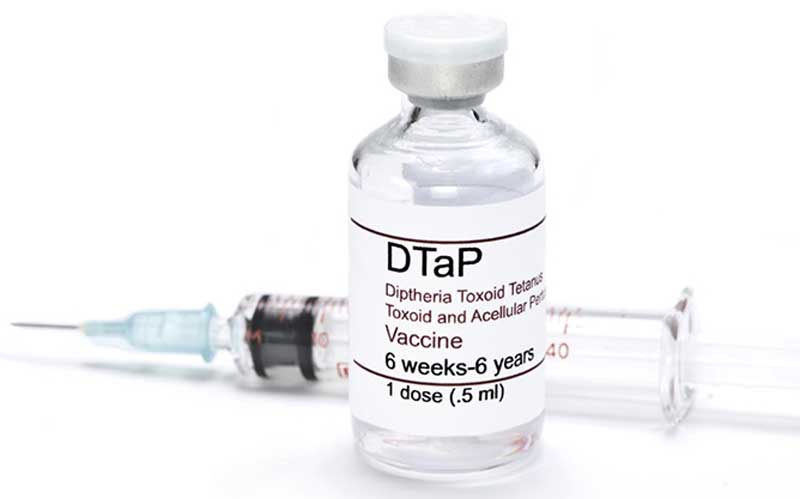
A new study has raised questions on the long-term efficacy of Whooping cough vaccine given to infants.
Published in Pediatrics journal on June 10, it suggests the efficacy of the vaccine, commonly known as DTaP, could be reducing or failing to achieve desirable results as the child grows.
The study found that the risk of pertussis infection was 13 times higher among children who are not vaccinated and 1.9 times higher on children who were under-vaccinated compared to fully vaccinated ones.
Further, the findings also showed that among children who were appropriately vaccinated, the risk of pertussis increased as they got further away from their last DTaP dose.
“This suggests that the vaccine's effectiveness wanes over time,” said Ousseny Zerbo, a staff scientist at Vaccine Study Centre in Northern California.
The study incorporated 469,982 children aged between three and 11 years from Northern California in the United States, where 738 cases of pertussis were identified.
Of the 738 cases, 99 were not vaccinated, 36 were under-vaccinated, 515 were fully vaccinated and 88 were fully vaccinated plus one dose.
 The Standard Group Plc is a multi-media organization with investments in media
platforms spanning newspaper print
operations, television, radio broadcasting, digital and online services. The
Standard Group is recognized as a
leading multi-media house in Kenya with a key influence in matters of national
and international interest.
The Standard Group Plc is a multi-media organization with investments in media
platforms spanning newspaper print
operations, television, radio broadcasting, digital and online services. The
Standard Group is recognized as a
leading multi-media house in Kenya with a key influence in matters of national
and international interest.











